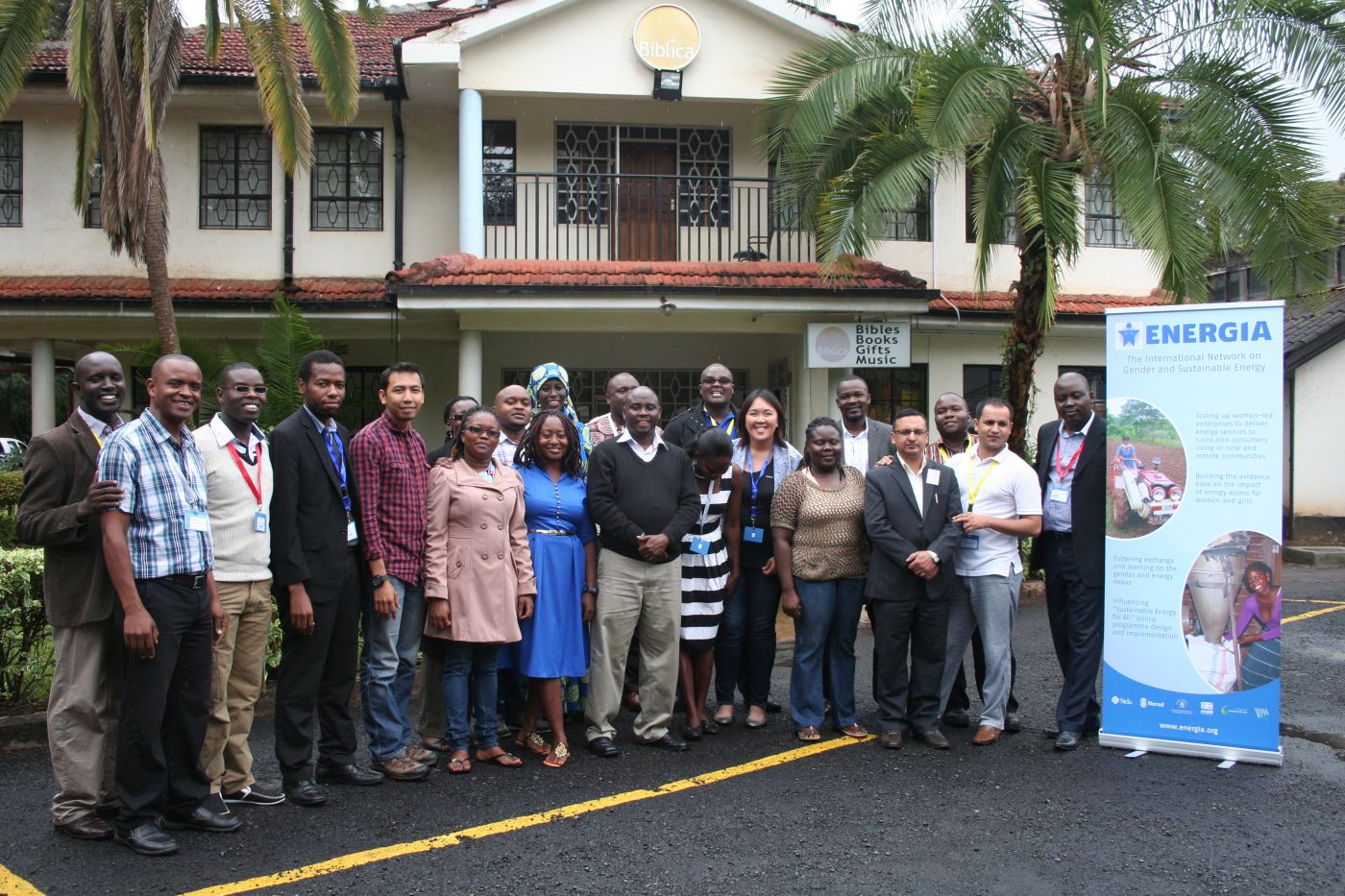Access to energy at all levels, from household to productive use to institutions, is recognized as an essential input to development and is critical for health, gender equality, and overall wellbeing. At the same time, since women are engaged in large numbers in micro- and small enterprises, they benefit tremendously from modern, more efficient energy sources. Gender-informed approaches are known to reach consumers better, support women in the value chain, and enhance the overall adoption and effectiveness of energy solutions.
The role of women goes beyond being users of energy services to women as change agents in energy access: in selling, maintaining, and financing energy products and services. When women are empowered, the benefits have been shown to have multiplier effects in terms of increased incomes and opportunities for families, communities and economies.
ENERGIA’s Women’s Economic Empowerment programme focuses on empowering women in the overall value chain through energy use, from energy generation to its end uses. The programme aims to scale up proven business models that strengthen the capacity of 3,000 women micro and small enterprises to deliver energy products and services to more than 2,000,000 consumers by 2017.
The programme recently awarded grants to implementing partners: the Centre for Rural Technology – Nepal (CRT/N), the National Association of Community Electricity Users and Practical Action Consulting in Nepal, Kopernik in Indonesia, GVEP International and the Social and Ecological Management Fund (SEM Fund) in Senegal, Practical Action East Africa and Sustainable Community Development Services (SCODE) in Kenya and Solar Sister working in Kenya, Nigeria, Tanzania and Uganda, each to manage a separate project to support women-owned enterprises. Shortly after these awards, we realized that our partners would benefit from learning more about approach and tools to enterprise development, and accordingly asked GVEP that has a track record in enterprise development to assist in transferring their knowledge to the other partners. This was conceived as a five day training exercise for all the parties together, followed by a limited ongoing mentoring engagement for the following six months.
The training occurred in Nairobi, Kenya in the week of 13 April, and was attended by teams from East and West Africa, Nepal and Indonesia, as well as representatives from ENERGIA in the Netherlands. The training proved to be an effective opportunity for the sharing of best practice and tools around the group, developing operational plans to roll out partners’ enterprise development strategies and confirmed.







